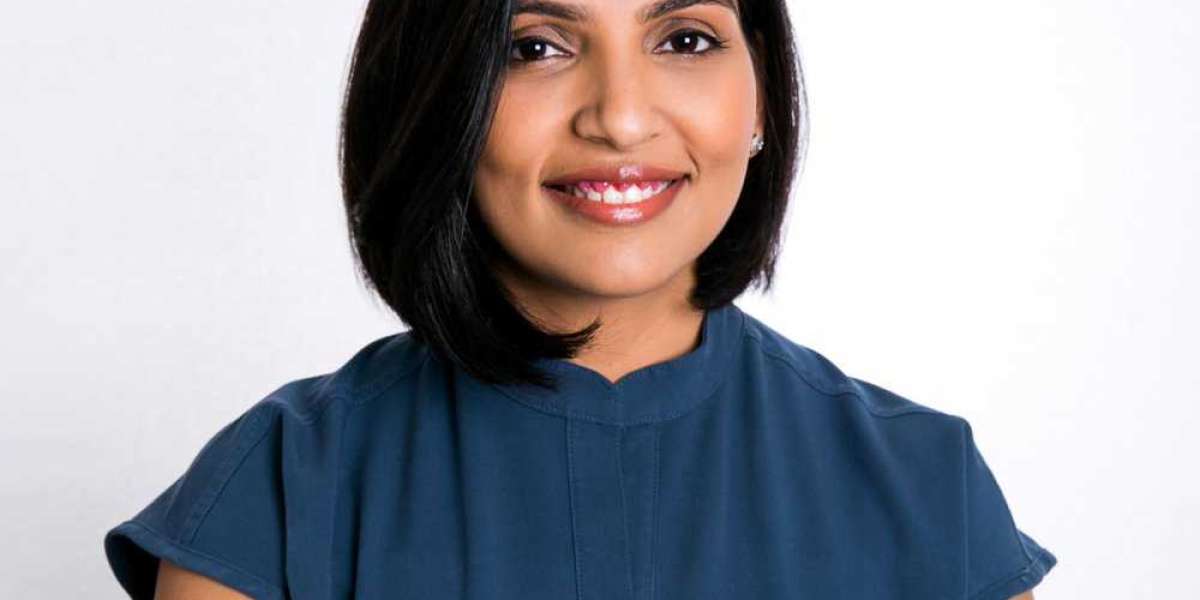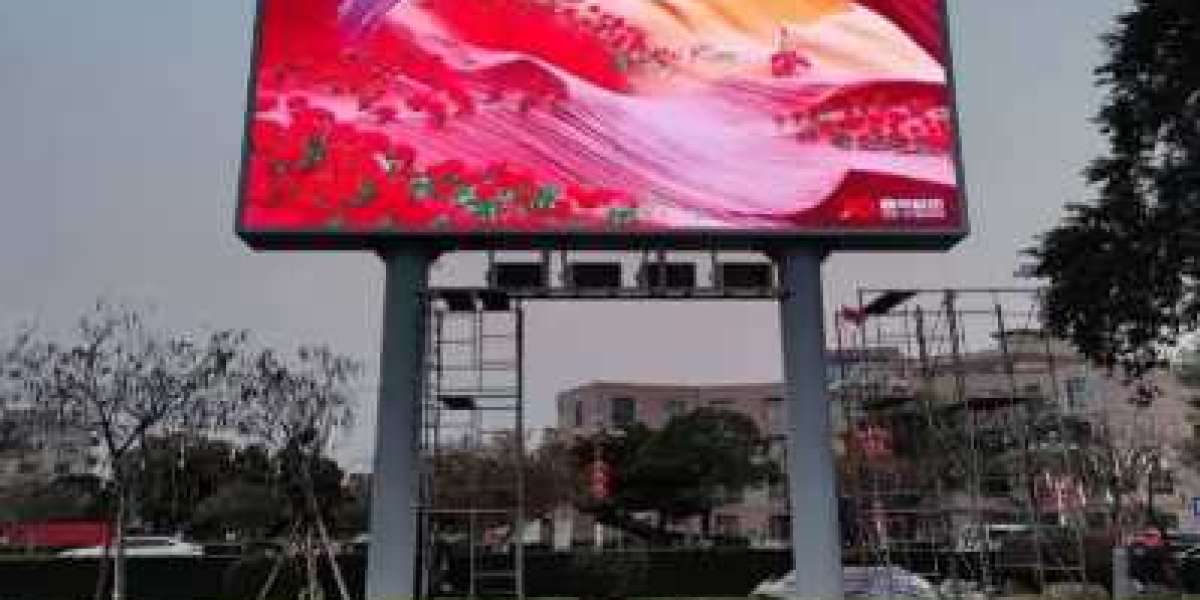Dubai is one of the most culturally diverse cities in the world. People from every continent live, work, and thrive here, and with that comes a beautiful variety of skin tones, textures, and types. From fair to deep complexions, the city represents a full spectrum of melanin-rich skin, each with its unique skincare needs. In 2025, inclusive dermatology is no longer a luxury—it’s a necessity. The good news? Dubai’s dermatology scene is evolving fast, offering more personalized and inclusive skincare solutions than ever before.
Whether you're looking to manage pigmentation, combat acne, reduce signs of aging, or just maintain a healthy glow, it’s crucial to find a dermatologist who understands how different skin tones react to various treatments. This blog explores what inclusive dermatology really means, what treatments are safe for all skin types, and how to find a derma in Dubai who puts diversity at the center of their practice.
Why Inclusive Dermatology Matters
Not all skin behaves the same way. Melanin-rich skin, for instance, is more prone to hyperpigmentation, keloid scarring, and uneven skin tone. Fairer skin tones may be more sensitive to UV radiation and more likely to experience rosacea or redness. Yet for decades, most dermatological research, treatments, and marketing focused on lighter skin tones.
Inclusive dermatology recognizes the need for specialized care based on each individual’s skin type and ethnicity. It’s about using the right technologies, techniques, and products for your specific skin, minimizing risk and optimizing results.
Common Skin Concerns by Skin Tone
Understanding how skin tone affects treatment options is key to getting the best results with the least side effects. Here are a few common skin issues that affect various tones:
- Hyperpigmentation: A concern for medium to deep skin tones, often triggered by acne, inflammation, or sun damage.
- Melasma: This patchy skin discoloration is more common among people with brown or olive skin, especially women.
- Redness Rosacea: More frequent in fair-skinned individuals, especially those of European descent.
- Keloids: Raised scars that are more common in darker skin types.
- Post-Inflammatory Hyperpigmentation (PIH): Dark spots that remain after acne or injury, often lasting longer in deeper skin tones.
Inclusive dermatologists are trained to identify these patterns and recommend treatments that are both safe and effective for your skin.
Treatments That Work for All Skin Tones
Advancements in dermatology mean more treatments are now designed with all skin tones in mind. However, some still carry higher risks for darker skin if not performed by a skilled professional. Here are some options considered safe when tailored properly:
- Chemical Peels
Gentle, customized peels using mandelic or lactic acid can help exfoliate, brighten, and clear blemishes. Deeper peels, like TCA or glycolic, must be used cautiously on darker skin to avoid triggering pigmentation. - Laser Treatments
Not all lasers are safe for all skin tones. Devices like Nd:YAG lasers are designed to treat deeper skin types safely, especially for hair removal or pigmentation correction. Always ensure your provider is experienced in using lasers on your specific skin tone. - Microneedling
Microneedling is generally safe for all skin types when done properly. It helps with acne scars, skin texture, and tone, and can be combined with serums or PRP (platelet-rich plasma) for added benefits. - Hydrafacials and Oxygen Facials
These non-invasive facials hydrate and cleanse without risking pigmentation or irritation. They're suitable for every skin tone and a popular choice for those seeking a fresh, radiant look. - Topical Skincare Regimens
Inclusive dermatologists prescribe products tailored to your skin's needs—retinoids for acne, azelaic acid for pigmentation, or ceramide-rich moisturizers for dryness. The key is a plan designed around your tone and texture.
Signs of an Inclusive Dermatologist
So, how do you know if a dermatologist in Dubai is truly inclusive? Here’s what to look for:
- Experience with Diverse Skin: Ask if they routinely treat patients with your skin tone and whether their clinic is equipped for ethnic skin.
- Customized Consultations: A good dermatologist should spend time understanding your skin’s history, sensitivity, and goals.
- Before-and-After Photos: Look for examples of their work on clients with a range of skin tones.
- Technology Awareness: They should use laser machines, peel protocols, and skincare products that are safe for melanin-rich skin.
- Cultural Sensitivity: Inclusive dermatology isn’t just medical—it’s also cultural. Professionals who respect modesty, language, and personal preferences make for a better overall experience.
Areas in Dubai Offering Inclusive Dermatology
Dubai’s diversity is reflected in its dermatology offerings. Many clinics across areas like Jumeirah, Downtown, Al Barsha, and Dubai Marina are expanding their services to meet the needs of multicultural clients. Facilities are staffed with dermatologists from various backgrounds and equipped with the latest in safe-for-all-skin technologies.
The best part? Multilingual staff, online appointment systems, and a growing culture of patient education make accessing inclusive skincare more convenient than ever.
Final Thoughts
Skincare is not one-size-fits-all, and in a city as vibrant and diverse as Dubai, inclusive dermatology isn’t optional—it’s essential. Everyone deserves healthy, glowing skin, regardless of color, texture, or background. By choosing a dermatologist who understands and respects your unique skin tone, you take the first and most important step toward achieving lasting skin health.
Whether you’re dealing with acne, pigmentation, dryness, or just want to enhance your glow, your skin deserves care that’s tailored to you. With the right guidance and a commitment to inclusivity, Dubai is leading the way toward skincare that truly sees everyone.








